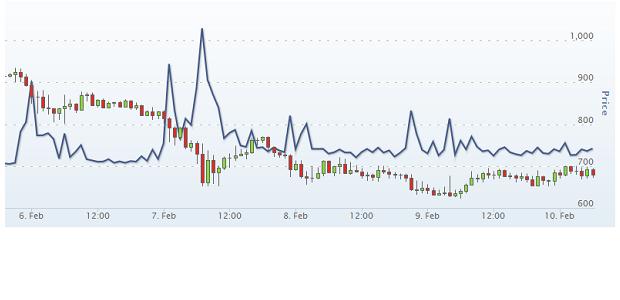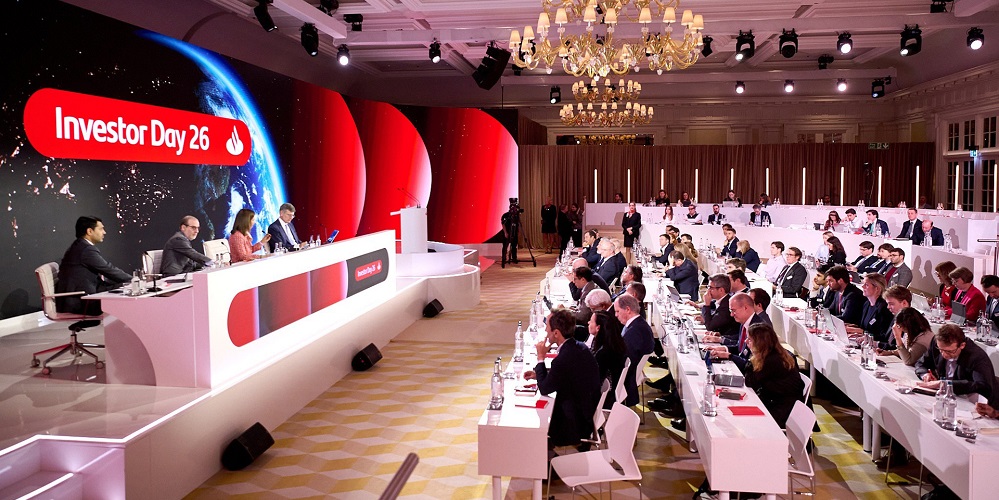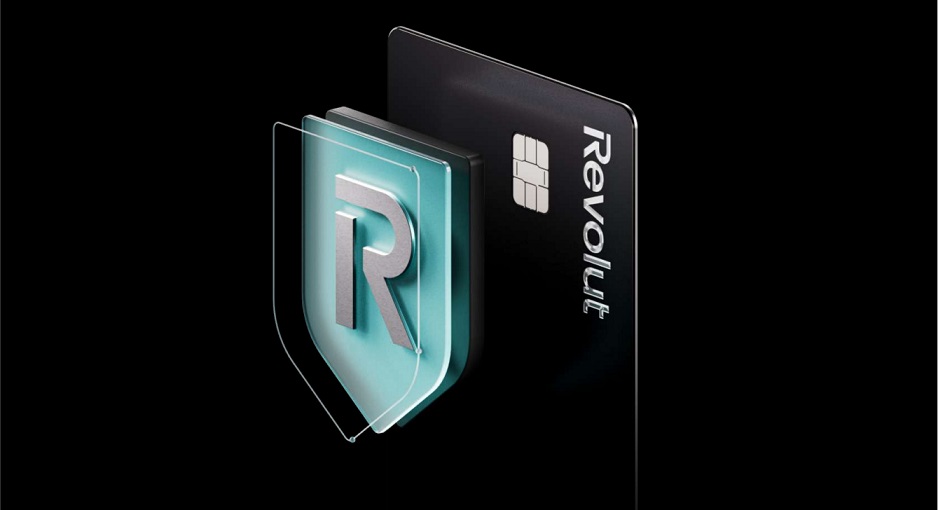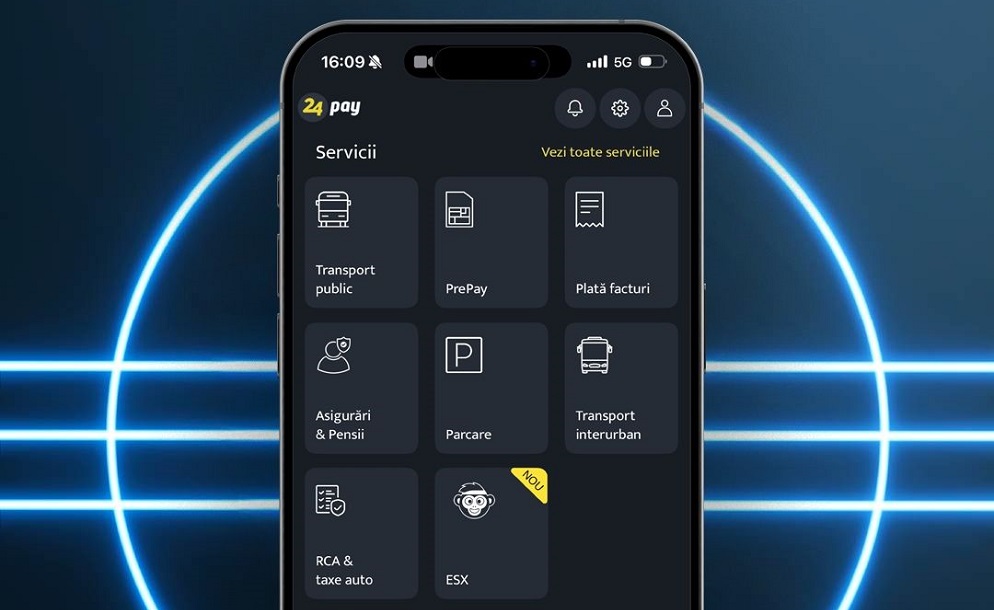Why Mt. Gox, the World’s First Bitcoin Exchange, is Dying

Mt. Gox, the world’s original and once-largest bitcoin exchange, the largest bitcoin-fiat currency exchange from 2010 until last year, appears to be in a state of disarray after it suspended bitcoin withdrawals to work on what it said were technical issues. Meanwhile, the clamour of angry customer voices is growing.
The exchange’s moves have had a negative impact on the bitcoin markets (see Mt.Gox graphic above). The price of 1 BTC plunged from $850 at the start of the week to $681, according to the CoinDesk Bitcoin Price Index, in the wake of the Gox announcement. It has promised an update on Monday 10th February (Japan time).
The internal workings of Mt. Gox have long been the focus of discussion in the bitcoin community. Users have reported delays in obtaining a ‘verified’ account there after submitting the required identification documents.
70% polled cannot withdraw their money
A CoinDesk survey of readers who use Mt. Gox has found that nearly 70% of respondents have not received their funds after making withdrawal requests from the exchange. Some 914 respondents said they were still waiting to receive their funds. The median waiting time was between one and three months, with 22% reporting wait times of between one week and a month.
About a third of respondents said they did successfully withdraw funds from Mt. Gox – many of whom had short waiting times. About half reported receiving their funds within a week. But for everyone else, the waiting game continued. The CoinDesk survey revealed that having a ‘verified’ or ‘trusted’ account at Mt. Gox did little to reduce withdrawal delays.
The majority of CoinDesk readers polled, or more than 85%, said they had ‘verified’ or ‘trusted’ accounts at Mt. Gox. Some 68% of verified account holders, or 822 respondents, said they were still waiting for their withdrawal from the exchange. The median waiting time was between one and three months, and 78% of verified account holders polled said they had been waiting for up to three months.
The CoinDesk survey has attracted more than 2,800 responses since it went live on 4th February.
‘Coding himself out of a mess’
While the exchange has posted a number of notices on its website announcing withdrawal delays, its top executives have remained silent on the matter. The company has posted a notice of delays on its main trading page since the beginning of 2014, originally citing a backlog caused by Japanese New Year business holidays as the cause.
One prominent technical member of the bitcoin community thinks he knows what’s behind the current withdrawal freeze. Andreas Antonopoulos, who recently joined Blockchain.info as chief security officer, says he has studied exchange technologies over the past 15 years. His verdict on Gox’s withdrawal freeze, as an outsider, is scathing:
“Mt. Gox has built an exchange based on a hodgepodge of technologies that are really not suitable for running an exchange. And it’s being run by people who don’t really have experience building and operating scalable systems.”
Antonopoulos outlined what he believes to be the technical reasons behind the Gox freeze. The root of the problem lies in its decision to use a version of the bitcoin client it customised itself, rather than the standard client. As a result, Gox handles the protocol with some discrepancies.
One of those discrepancies, as Antonopoulos understands it, is the way transactions are propagated through the network. A miner on Gox, for example, will prematurely be credited for a new block before the network has a chance to confirm the transaction. As a result, when the transaction hits the bitcoin network to be corroborated, it is rejected. Gox’s solution is to cancel the initial transaction and resubmit it until it is approved.
“This is like putting a Band-Aid on the problem. Gox should not be generating non-standard transactions in the first place. Band-Aids like this will further exacerbate scalability problems,” Antonopoulos said.
In the case of the mining example, the cancelled and resubmitted transactions cause delays in fulfilling withdrawal requests within Gox. This doesn’t necessarily cause huge problems unless the system is under pressure from an external factor, like a spike in withdrawal requests, for example.
“When transactions increase, then there are more delayed transactions, which can cause a panic. It just snowballs,” Antonopoulos said.
Nevertheless, “I do not think Gox has solvency problems”, concluded Antonopoulos. “It’s simply a business being run in an amateurish way, in a market that is far more demanding than can support amateurish operations.”
For more details follow the coindesk.com original article.
Dariusz Mazurkiewicz – CEO at BLIK Polish Payment Standard
Banking 4.0 – „how was the experience for you”
„To be honest I think that Sinaia, your conference, is much better then Davos.”
Many more interesting quotes in the video below:










